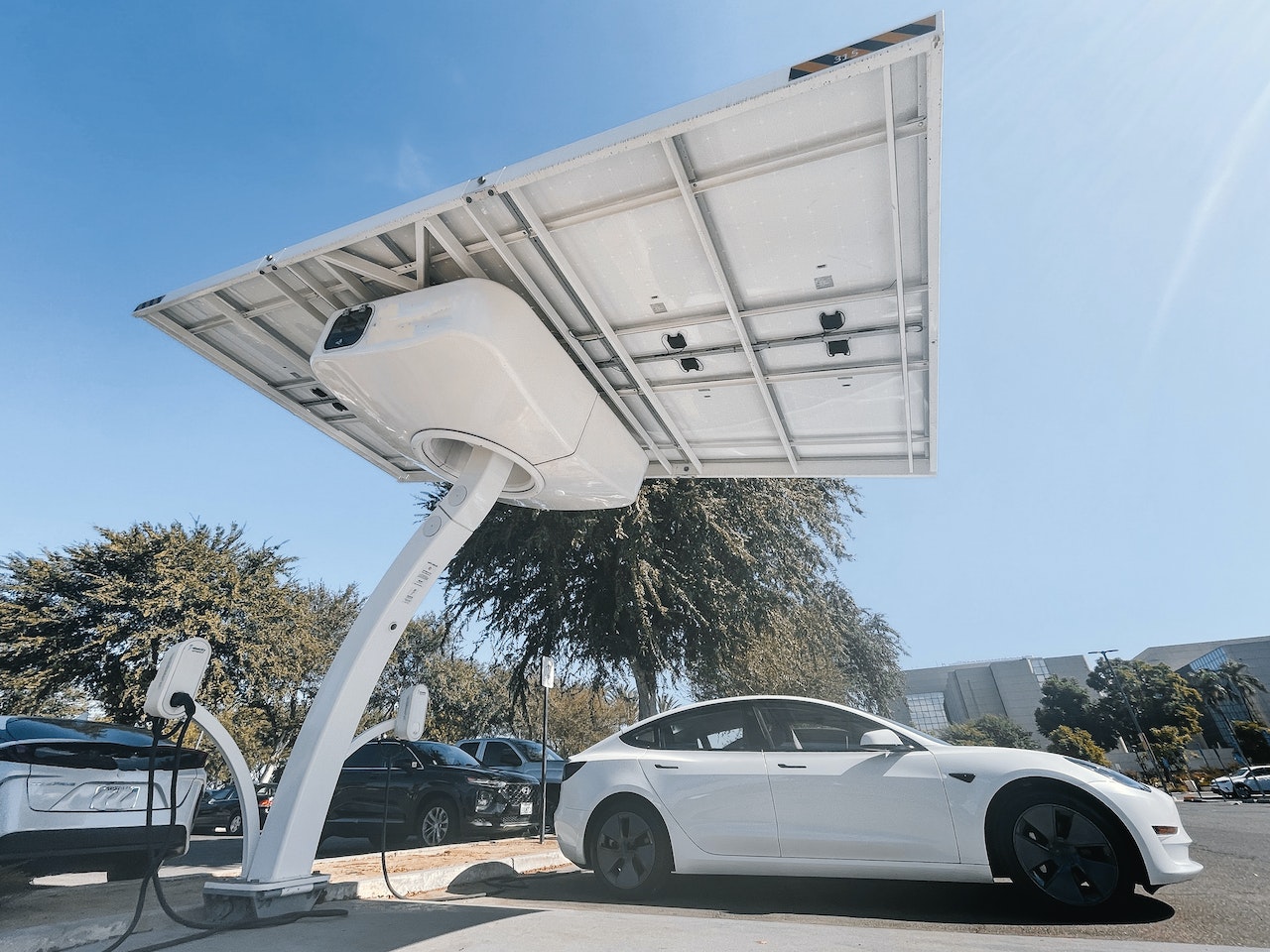Do I Have to Pay to Charge My Electric Car?
The answer is - not always. Ordinarily, you'll need to pay to charge your electric car, however, there are over 5,000 public charging points in the UK where you can plug in your EV without any cost – and, if you are fortunate to have an employer who offers free charging, you might not need to pay to charge your car at all.
Looking to get a charge point installed at home? To find out how much an electric car charge point will cost, fill out the form below and we'll connect you with reputable EV charger installers in your area - for free! Compare no-obligation quotes:
Currently, about 35,000 public charging stations are available, and 15% are complimentary, normally encouraging customers to shop at a store or pay to park their car at a multi-storey car park.
You can use tools such as Zap-Map to search online for the closest public charging points, filtering by locations, cost, and the types of chargers available (e.g., rapid charger if you don’t expect to park your car for several hours).
Compare EV Charger Costs
Compare installer costs in your area today and save £££
How to Charge an EV for Free
A lot depends on where you live because there are, interestingly, far more free EV chargers in Scotland than in any other region of the UK.
| Region | Approximate Number of Free EV Chargers |
| Scotland | 1,400 |
| Southeast England | 800 |
| Greater London | 480 |
| East England | 480 |
| Southwest England | 400 |
| Northwest England | 350 |
| Yorkshire and the Humber | 350 |
| West Midlands | 300 |
| East Midlands | 250 |
| Northern Ireland | 240 |
| Wales | 200 |
| Northeast England | 180 |
| Isle of Man | 20 |
| Channel Islands | 20 |
Although there aren't as many free EV chargers in Northern Ireland, a larger proportion of charging stations are free – around 70% of public charging units are complimentary.
In contrast, there are around 480 free chargers in Greater London, but that is only 4.5% of the total units available to use – most EV chargers are on-street paid-for units with pricier rapid charging functionality.
Choosing the Right Free EV Charging Station
Finding a free EV charger is only part of the puzzle because some of the most economical charging stations are also very slow and need several hours to charge a standard EV battery to full capacity.
Devices are generally split as follows:
- 9.7% are slow chargers
- 84.9% are fast chargers
- 5.4% are rapid chargers
A free charger may be a false economy if you are in a hurry or need a fully charged car battery for a longer trip.
Switching to a paid rapid charging station costs roughly double the cost of the electricity for a quick charge at home; if you regularly need to recharge your battery as quickly as possible, long-term it will be more cost-effective to install your own charger and take advantage of cheaper off-peak overnight tariffs.
Most on-street chargers, free or otherwise, are categorised as slow, whereas the charging stations in supermarkets, garages and shopping centres tend to be fast.
How to Find Free EV Charging Stations
Of course, a lot depends on your location – you are significantly more likely to have a free EV dock close by if you work or live in a major city centre. Most free chargers are positioned in places where the provider wants to incentivize you to stay longer:
There are roughly 1,355 free EV charging stations in UK supermarkets.
693 public car parks offer free EV docks.
Car dealerships and forecourts currently have around 532 free EV charging units.
Hotels and other accommodations offer 466 complimentary charging docks.
Other potential locations include retail parks, workplace car parks, universities and colleges, hospitals, park-and-ride venues and leisure centres.
Types of Free EV Charging Stations
The nature of a free charging station will vary between venues. Supermarkets including Tesco, Lidl, Sainsbury's and Aldi offer limited free docks – although if all the spaces are taken, you either cannot charge your car, need to wait, or must use a paid-for rapid charger instead.
These tend to be 7-22 kW chargers because the faster options are premium – only the slower chargers are free to use.
You can also find charging points at Waitrose, Asda and Morrisons, although these require either a subscription or a PAYG payment.
Pros and Cons of Free EV Chargers
The obvious benefit of a free EV charger is that it is free! However, that doesn’t necessarily mean they are always the best option, particularly if you don’t have hours to wait for a recharge or aren’t keen on spending a significant amount of time parked at a supermarket.
If you are covering longer distances, it is better to install an efficient rapid charger at home or pay for an ultra-rapid charge because you can top up your battery in a fraction of the time, cutting it down from seven to eight hours to around 30 to 50 minutes.
Free chargers also have access restrictions, so they might be:
- Only open to paying users of the venue.
- Open to those with a loyalty card or account.
- Available only during opening hours.
- Limited to one or two stations.
It is also important to check the parking restrictions. For example, a car park might have free EV charging, but you still need to have a valid ticket for the duration of your stay to avoid being fined or clamped.
Frequently Asked Questions
Next, we've answered a few of the most popular questions about whether you need to pay to charge an electric car and how to get a battery top-up for free.
Is it Possible to Charge an EV for Free?
Yes, if you live or work near a supermarket, shopping centre or office with free EV charging stations, you can plug your battery in and leave it to charge for free.
The downside is that you may need to be an employee, member, or customer to use the facilities, might need a valid parking ticket, and could have to wait several hours for a free slow charger to top up your battery.
How Much Does it Cost to Charge an EV at Home?
Most EV drivers opt to have an EV dock installed at home, normally in a garage or on the wall adjacent to their parking space. A full charge costs roughly £10 to £15 on average, depending on the type of charger you have and the size of your car battery.
Home chargers are most convenient, cost less than a paid-for rapid charger, and are available overnight when electricity tariffs are considerably cheaper.
Compare EV Charger Costs
Compare installer costs in your area today and save £££


